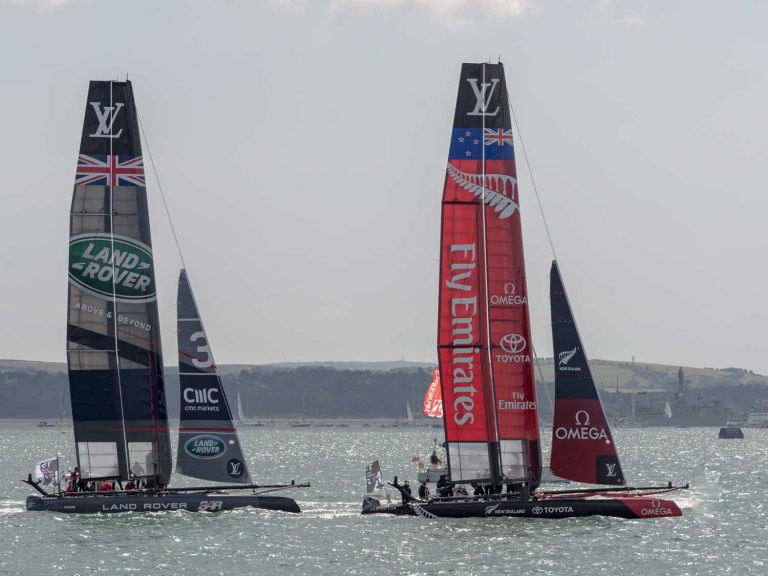
Date:
Sustainability in the supply chain
Sustainability is good for business, because it builds brand value, meets consumer expectations, attracts talent and creates new opportunities, which is why Metro has been certified Carbon Neutral for two years and why we share the most important developments in sustainability.
Despite today’s economic uncertainties, consumers are still open to sustainable products if they are affordable and offer value, with 46% expecting brands to take the lead on bringing about sustainable change.
Wind-powered sustainability
Fitted with giant, rigid British-designed sails (or wings), the cargo ship Pyxis Ocean’s maiden journey, from China to Brazil, will provide the first test of the WindWings and is an opportunity to assess whether a return to the traditional way of propelling ships could be the way forward for moving cargo more sustainably at sea.
Folded down when the ship is in port, the 123 ft wings are opened out when it is in open water, to catch the wind, rather than rely solely on its engine and are expected to reduce a cargo ship’s lifetime emissions by 30%.
Each wing saves one-and-a-half tonnes of fuel per day, so with four wings on a vessel, six tonnes of fuel is saved, which is equivalent to 20 tonnes of CO2 saved each day. The numbers are massive.
The wing sail technology on Pyxis Ocean was spun out of Sir Ben Ainslie’s 2017 America’s Cup boat design, with the firm behind to predicting that this voyage will be a turning point for the maritime industry and that by 2025 half the new-build ships will be ordered with wind propulsion.
UK businesses not ready for emissions reporting
Large businesses and SMEs which trade in the EU will need to conduct sustainability reporting to stricter standards from January 2024, but 60% are not prepared and risk penalties of £40 per tonne of CO₂ emissions misreported.
The Corporate Sustainability Reporting Directive (CSRD) was initiated in January and requires businesses which trade in the EU to conduct sustainability reporting to stricter standards from January 2024, with research finding that 60% of businesses may not be prepared to meet the new requirements for Scope 3 emissions reporting by the deadline.
Scope 3 refers to indirect emissions that are caused not by an organisation itself, but by other businesses and activities somewhere along the value chain, which often account for a huge portion of a company’s overall value chain emissions and can be 60-90% of the overall carbon footprint.
Companies that don’t properly report their Scope 3 emissions before the January deadline not only risk fines but also losing customers, with 49% saying they would look elsewhere if a business were to be fined for non-compliance and 17% saying they would never use that business again.
Certified carbon neutral for two years, Metro has joined the West Midlands Net Zero Business Pledge, to support efforts to make the West Midlands a net zero carbon economy by 2041.
We are committed to zero landfill waste as part of our WM Net Zero Business Pledge, installing new recycling bins at our Birmingham HQ, together with more electric charging points, as we are replacing our fleet with electric vehicles within the next 12 months.
Metro is measuring and monitoring the emissions of every shipment, by every mode, for all of our customers, with offsetting alternatives, so they can work towards carbon neutrality in their global supply chain.
Our MVT Eco module has reported over 100,000 shipments, with a total CO2 equivalent of more than 300,000 tonnes in 2023.
MVT Eco uses reporting methodology that is in conformance with the Global Logistics Emissions Council (GLEC) and incorporates 30 pre-built charts and downloadable statements, to simplify Scope 3 reporting compliance for customers in the EU and UK.
The MVT ECO module is available free-of-charge to customers on their MVT dashboard. To request a demo or discuss your requirements, please EMAIL Simon George.
